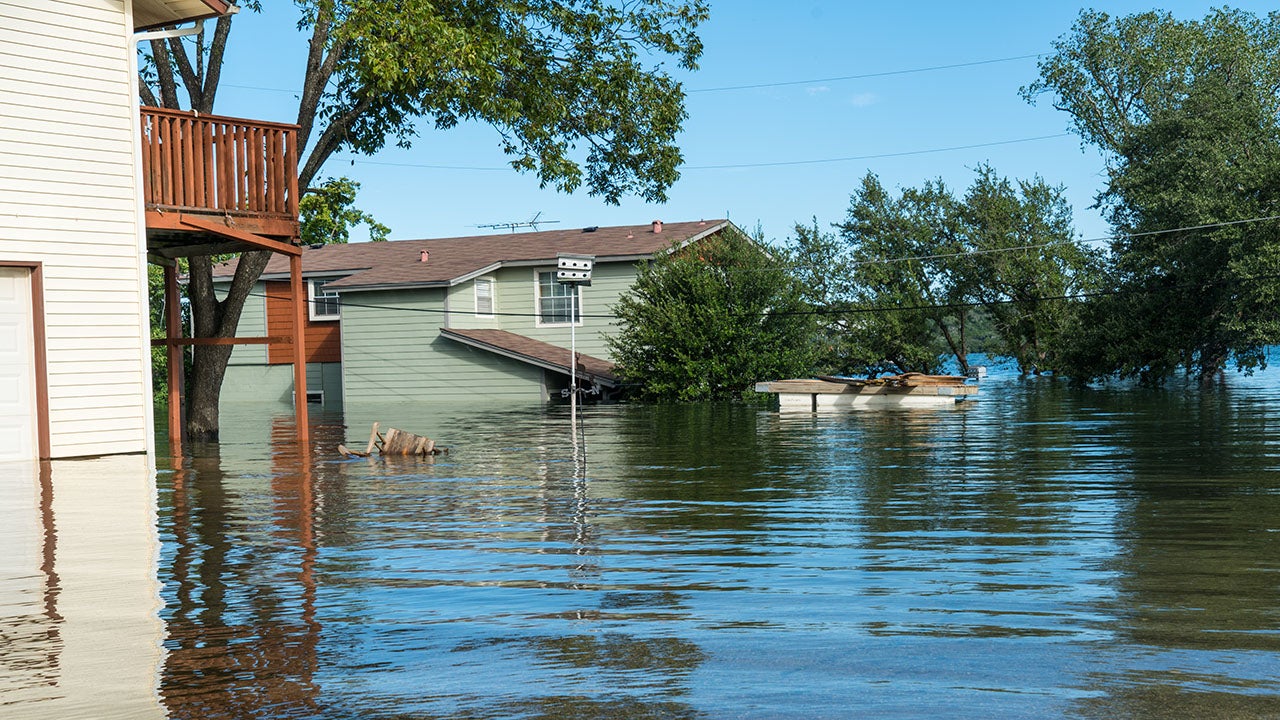Does Home Insurance Cover Water Damage?
by siteadmin

Does Home Insurance Cover Water Damage?
Water damage can ripple floors, stain walls and ceilings, ruin carpets and rip through drywall. It can also suck up expensive furniture and heirlooms.
Homeowners insurance typically covers sudden and accidental water damage, such as a burst pipe or rainwater from an outside source, such as a fallen tree or an ice dam.
What is covered?
Homeowners insurance protects your home and belongings against a variety of disasters, including fires. It typically covers the cost to repair or replace your belongings, minus your deductible. It also helps cover the cost of repairing or replacing your property from other events, such as tornadoes or hurricanes.
Dwelling coverage, or Coverage A, in a standard homeowners policy generally pays for damage caused by fires, lightning strikes, hail, wind and the weight of snow or ice. It also covers the interior and exterior of your house, as well as certain built-in household systems like plumbing, air conditioning and electrical appliances.
If you want to add protection against other events, such as earthquakes and floods, you’ll likely need to buy separate policies. Your insurer will also look at whether the damage could have been prevented. For example, they’re unlikely to pay for water damage caused by a slow leak that becomes more serious over time. They might instead recommend that you make improvements to your home to prevent future problems, such as resealing window seals or replacing worn flooring.
What isn’t covered?
The type of water damage that is covered by homeowners insurance depends on the cause. Insurance companies often start by investigating the source of the problem to see what led to it, like whether a pipe burst because you left on a vacation or because you didn’t take steps to prepare for cold weather.
Other factors that determine if a home insurance claim for water damage is covered include how quickly the water occurred and whether it was sudden and accidental or slow and gradual. Insurance companies also typically don’t cover water damage caused by neglect or lack of maintenance, including long-term leaks and sewage backups.
Other types of coverage that may help pay for the cost of repairing or replacing items affected by water damage include other structures coverage, which pays to repair detached structures like sheds and pool houses; personal property coverage, which offers protection for personal belongings at actual cash value or replacement cost; and loss of use coverage, which covers the costs of extra living expenses if your home is uninhabitable while repairs are being made, like pet boarding and transportation.
How do I file a claim?
Homeowners insurance policies usually cover sudden and accidental water damage, like a burst pipe or toilet overflow. They also typically include other structures coverage, which covers detached buildings and structures like a shed or pool house, and personal property coverage for the contents of your home that are damaged by a leak. You may also have additional coverages, such as loss of use and extra living expenses, which will pay for costs to relocate if you can’t live in your home while it’s being repaired.
It’s a good idea to take pictures of any damage and move your belongings to a dry area before calling your insurance company to report the claim. You should also keep receipts of any repairs or purchases you make to replace your items and document the total cost of the losses. If you feel that your claim isn’t being processed appropriately, you can hire a public adjuster to work on your behalf. They’ll come to your home and evaluate the damages and provide a repair estimate to your insurance agent.
How long do I have to wait to file a claim?
Many policies provide actual cash value or replacement cost coverage for possessions that are damaged by a covered peril. The insurer will send an adjuster to look at the damage and decide how much to pay.
Most standard home insurance policies cover sudden and accidental water damage caused by a listed peril, like when a pipe bursts or a toilet overflows. But they won’t cover gradual leaks or water damage from neglect and a lack of maintenance. This is why it’s important to regularly inspect your home and make any needed repairs.
Assuming you take care of the damage right away, most policies will cover the costs of repairing and replacing your belongings. You should keep receipts for any items you buy to make the repairs and submit them to your insurer. Also, if you file too many nonweather-related claims in a short period of time, your insurer can raise your rates or refuse to renew your policy.
ITZ Construction is here for all of your repair and renovation needs. We work with you and your insurance company to get you back on your feet, faster.
Commercial Contractor Orlando Fl
Does Home Insurance Cover Water Damage? Water damage can ripple floors, stain walls and ceilings, ruin carpets and rip through drywall. It can also suck up expensive furniture and heirlooms. Homeowners insurance typically covers sudden and accidental water damage, such as a burst pipe or rainwater from an outside source, such as a fallen tree…
Recent Posts
- Expert Cleaners Lexington Shares Essential Tips for Properly Cleaning Hardwood Floors
- Choosing the Best Gutters for Your Jacksonville FL Home
- Tindale Pest Control: The Premier Solution for Pest Management in Ocala, FL
- Tindale Pest Control: The Premier Solution for Pest Management in Ocala, FL
- Cost of Installing a Pool in Cape Coral, Florida: A Rough Guide
